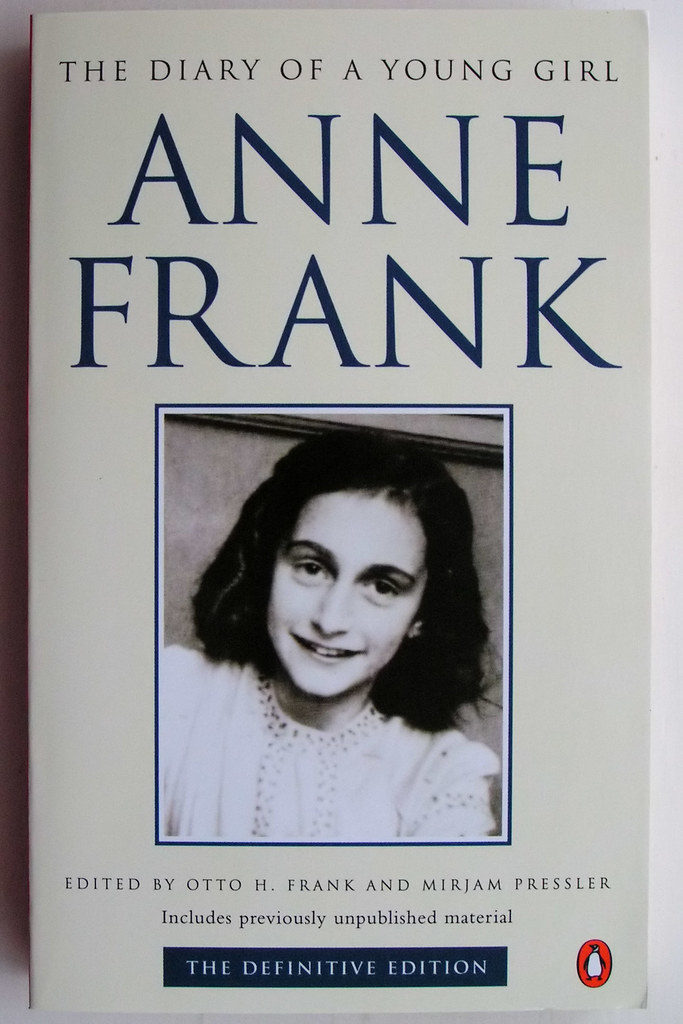Anne Frank: The Biography
Anne Frank is one of the most well-known victims of the Holocaust, and her diary has become a symbol of hope and resilience in the face of unimaginable tragedy. Despite her short life, her legacy continues to inspire and educate people around the world.
Anne Frank was born in Frankfurt, Germany on June 12, 1929, to Otto and Edith Frank. The Franks were a Jewish family and as the Nazi regime rose to power in Germany, they knew they needed to leave. In 1933, the Franks emigrated to Amsterdam in the Netherlands, where they lived until 1940 when the Nazis occupied the country.
In Amsterdam, Anne attended Jewish schools and was an excellent student. She had many friends and was an active member of her community, but she also experienced anti-Semitism and discrimination as a result of the Nazi occupation. In 1942, the Frank family went into hiding in a secret annex above Otto Frank’s office building in Amsterdam. Anne and her family lived in the annex for over two years, with Anne writing in her diary about her experiences and thoughts during this time.
Anne’s diary is a vivid and poignant account of what it was like to be a Jewish teenager during the Holocaust. She wrote about the daily struggles of living in hiding, including the cramped conditions, limited food and supplies, and the constant fear of being discovered. She also wrote about her relationships with her family members, including her love and respect for her parents, and her annoyance and frustration with her sister, Margot.
Despite the difficulties of living in hiding, Anne remained hopeful and optimistic. She wrote about her dreams of becoming a writer, and her diary is a testament to her talent and potential. She also wrote about her love for nature, music, and books, and her desire to experience the world beyond the walls of the annex. Her diary provides a unique and personal perspective on the Holocaust and serves as a reminder of the humanity and resilience of those who lived through it.
Sadly, in August 1944, the Frank family was discovered and arrested by the Nazis. Anne and her sister, Margot, were sent to the Auschwitz concentration camp, and later to Bergen-Belsen, where they both died of typhus in March 1945. Anne was only 15 years old.
After the war, Otto Frank was the only survivor of the Frank family. He returned to Amsterdam, where he discovered Anne’s diary among her belongings. He had it published, and it quickly became a best-seller. Today, Anne’s diary has been translated into over 60 languages and is widely read and studied around the world.
Anne Frank’s diary is not only a testament to her own strength and resilience, but it is also a reminder of the horrors of the Holocaust and the importance of standing up against hatred and intolerance. Her diary provides a powerful and personal account of the impact of the Nazi regime on the lives of individual people, and her story serves as a warning to future generations about the dangers of prejudice and discrimination.
Her diary has also been the subject of much debate and controversy. Some have criticized the diary for its lack of political analysis and its focus on the personal experiences of Anne and her family. However, others argue that this is precisely what makes the diary so powerful and relevant. By focusing on the personal experiences of one young girl, Anne’s diary provides a human face to the tragedy of the Holocaust and reminds us of the human toll of such atrocities.
Anne’s diary has been adapted for the stage and screen, and her story has been told in many different forms, from novels to comic books. Her legacy has inspired countless people, and her diary remains an important reminder of the importance of courage, hope, and resilience in the face of adversity.
In conclusion, Anne Frank’s diary provides a unique and powerful perspective on one of the darkest periods in human history. Despite the horrors she experienced, Anne remained hopeful and optimistic, and her diary is a testament to her strength and resilience. Her story has inspired and touched millions of people around the world, and her diary continues to serve as a powerful reminder of the dangers of prejudice and discrimination.
As we remember Anne Frank and all the victims of the Holocaust, it is important to take her story to heart and use it as a reminder to never forget the lessons of the past. We must continue to educate ourselves and future generations about the dangers of hate and intolerance, and work to ensure that such atrocities never happen again. In this way, Anne Frank’s legacy will continue to live on, inspiring and reminding us of the importance of hope, courage, and humanity in even the darkest of times.
